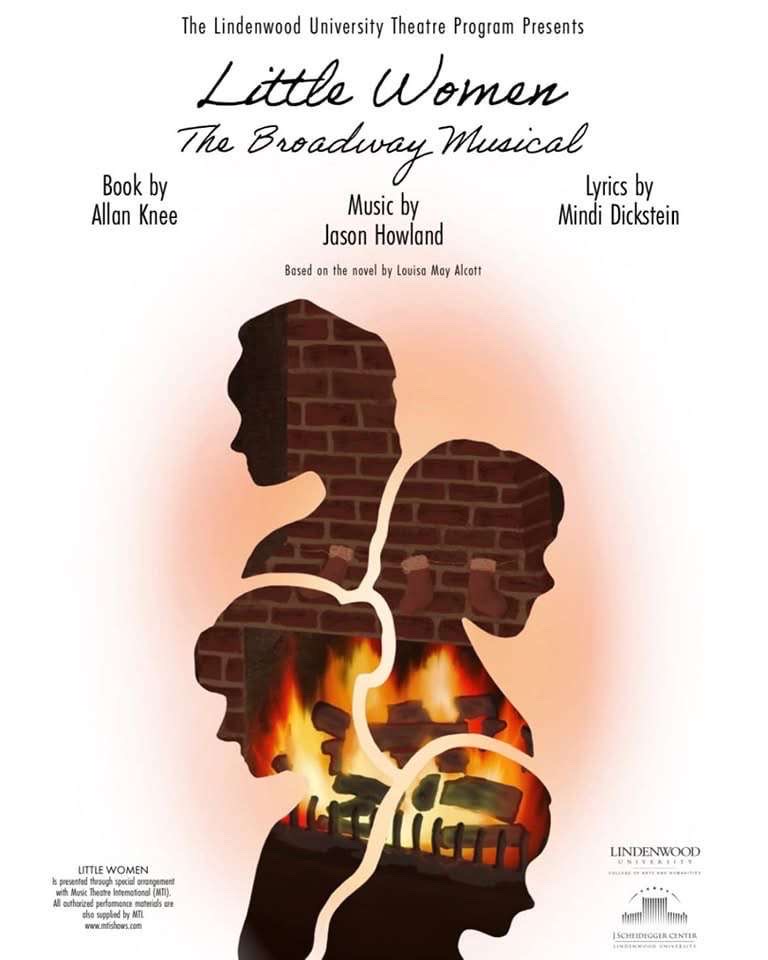Romane Donadini | Photo Editor
November 3, 2015; 3:15 p.m.
Heather Brown-Hudson, associate professor of French, English and gender studies, remembered receiving a funny end-of-semester evaluation from a student about her tattoos.

Photo by Romane Donadini
“This was one of my first semesters teaching here, and I remember […] in my course evaluation, this one student said ‘I wish that her tattoos were not so public’ and I just laughed,” Brown-Hudson said after explaining that, at that time, her only visible tattoos were located on her feet.
“I’m guessing some people are actually opposed to the idea of tattoos, they think they are still taboo,” said the French professor even though she later mentioned never having felt judged because of them.”
Tattoos have been on people’s bodies in some cultures for thousands of years. The earliest record of tattoos, according to The Guardian, was found on Ötzi the Iceman who lived 5,300 years ago. However, for a long time, in the United States, tattooed people have often been looked at with disdain.
Joshua Kantola, who works as a piercer at St. Louis Tattoo Company in Chesterfield, Mo., said “80 percent of my body is tattooed and I have been judged by people because, I guess, they are intimidated. It is unfortunate but I do not let it bother me.”
Tattoos used to be seen as vulgar, unprofessional and risky for one’s working career. For some people, they still seem to have this negative connotation.
Professor of management Joy Peluchette said that some studies based on customers’ reactions to tattooed employees show that “employers are negatively inclined” and avoid hiring people with tattoos.
When asked if she would advise her students not to get tattoos, she said “I would advise them depending upon what kind of job or professional position they are looking for.”

Photo by Romane Donadini
“There are more negative views from customers when it comes to restaurant staff, financial professionals and healthcare providers,” Peluchette said.
She explained, however, that among creative fields, tattoos are more acceptable.
Lindenwood University student Rihai Cong, who has both of his arms covered with tattoos, said “I always hide them during job interviews because you never know what the person in front of you thinks about it.”
Even though he prefers to hide his tattoos, Cong said he has never faced any issues because of his appearance.
“Except for my mom, nobody has ever told me anything against my tattoos. I actually think it is kind of a myth that you are not going to get employed if you have tattoos,” he said.
More and more people are taking the plunge. According to the website vanishingtattoo.com, The National Geographic News stated in April 2000 that 15 percent of Americans were tattooed. A Pew Research Center’s study says that ten years later, in 2010, about 23 percent of American adults had at least one tattoo.
People seem to become more open-minded toward tattoos and tattooed people.
“People are more accepting, and a lot more people are tattooed nowadays,” said Kantola who daily sees people of all ages coming to his workplace to get tattoos.

Photo by Romane Donadini
Dean of Humanities, Mike Whaley said he does not think tattoos represent a stumbling block in today’s society. “Every generation, what people think is attractive changes,” he said.
“I told my students ‘when I was your age, the only people with tattoos were in the navy or in prison.’ Now they are popular,” Whaley related.
Even though tattoos were only associated with sailors, gang members and ex-convicts, they now affect almost every one Brown-Hudson said.
“In America, they’re pretty standard now. It is almost like a rite of passage. Many young people will get one to sort of symbolize something, whether it is the death of someone, in memory of someone or the birth of a child,” she said.
“Many people, different careers and situations will have tattoos here and there,” Brown-Hudson added.
The French professor said she believes her tattoos have never been a stumbling block in her career or daily life.
“If anything, I think it has worked in my favor,” she said.
Leah Rosenmiller, an English literature major, who had Brown-Hudson as her World Literature II professor during the fall 2014 semester, said “She has tattoos but she presents herself in such a professional manner that it doesn’t detract from her credibility as an educator.”
In America, tattoos are still a controversial topic that arouses debates and divergent opinions. However, getting tattooed is slowly becoming an ordinary act that not only marginal individuals do but most people as well.
“It is changing,” Brown-Hudson said.









